¿Mamá cuál es mi nombre? Importancia de enseñarles a los niños acerca de su nombre.
11
About :
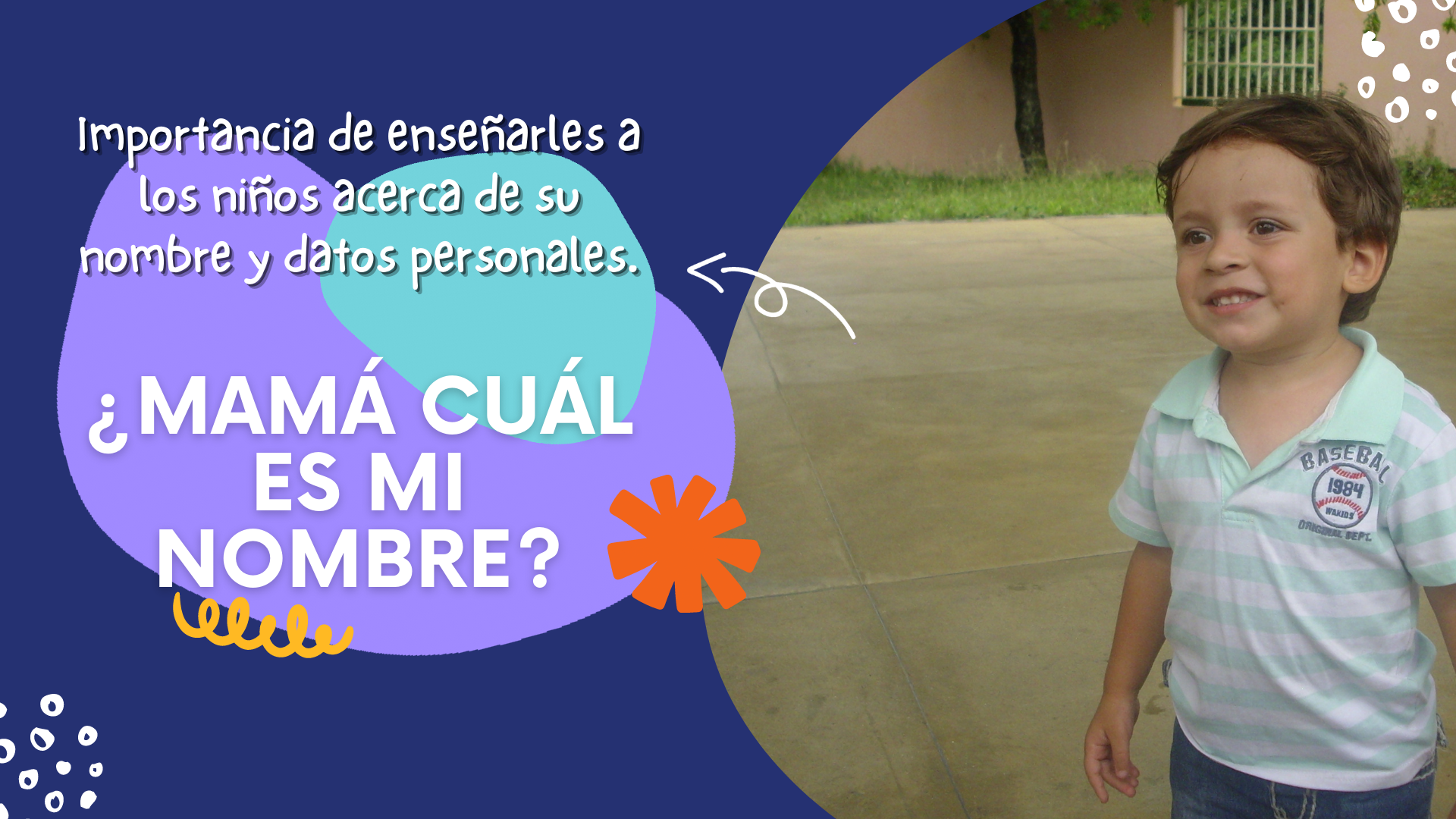


Recuerdo que una de las cosas, que más emocionaba durante mi embarazo, era escoger el nombre del niño o niña que se formaba en mi vientre, creo que pensé en esto desde el día que me entere de que esperaba un hijo, realmente me emocionaba pensar en distintos nombres y también me causaba un poco de ansiedad, porque es la primera decisión que los padres tomamos por nuestros hijos y es una decisión que afectará su vida. No podemos elegir cualquier nombre solo porque nos parece divertido o genuino, debemos considerar que serán nuestros hijos quienes lo lleven por siempre, porque forma parte de su identidad.
Consideró que darle un nombre y un apellido es el primer paso para formar su identidad, se imaginan que los nombres no existieran, que todos fuésemos llamados por igual, que difícil sería todo. ¿No?
Recuerdo a mis padres, enseñándome mi nombre, el nombre de cada uno de ellos, mi dirección y todos esos datos personales, que nos identifican, desde el punto de vista legal, como un individuo diferente, con identidad propia. Pero no solo la identidad, se basa en el nombre, la identidad son todas esas características propias, que forman parte de ti, de tu ser, que te hacen definir quién eres.
Este tema es bastante amplio e importante, porque como padres, debemos trabajar en conjunto para que nuestros niños aprendan a identificarse como personas individuales y únicas, hoy solo les hablaré acerca de la importancia de enseñarles a los niños sus datos personales.
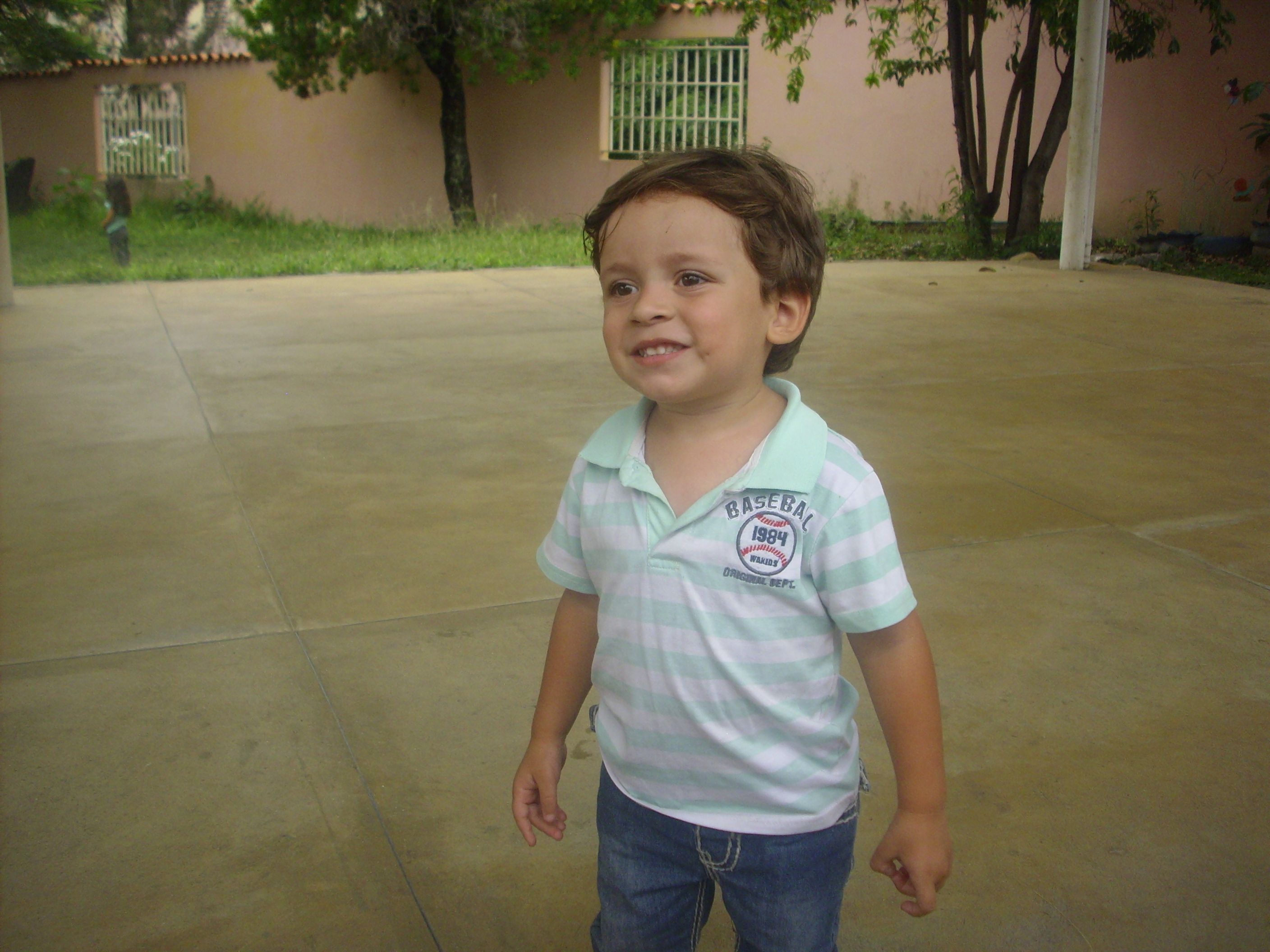
I remember that one of the things that I was most excited about during my pregnancy was choosing the name of the boy or girl that was being formed in my belly, I think I thought about this since the day I found out that I was expecting a child, I was really excited thinking about different names and it also caused me some anxiety, because it is the first decision that parents make for their children and it is a decision that will affect their lives. We can't just choose any name just because it seems funny or genuine, we must consider that it will be our children who will carry it forever, because it is part of their identity.
I believe that giving them a name and a last name is the first step in forming their identity, can you imagine if names did not exist, if we were all called the same, how difficult it would all be, wouldn't it?
I remember my parents, showing me my name, the name of each one of them, my address and all those personal data, which identify us, from a legal point of view, as a different individual, with our own identity. But not only the identity is based on the name, the identity is all those characteristics that are part of you, of your being, that make you define who you are.
This topic is quite broad and important, because as parents, we must work together so that our children learn to identify themselves as individual and unique persons, today I will only talk about the importance of teaching children their personal data.

¿Cuál es el momento adecuado para enseñarles a los niños su nombre?
When is the right time to teach children their name?
El nombre forma parte de nuestra vida, desde nuestro nacimiento, en algunos casos desde él embarazó, cuando se está seguro de cuál será su sexo. Llamarlos por su nombre, desde que llegan a este mundo, es la manera más eficaz de enseñarles su nombre, al mismo tiempo vamos estimulando su lenguaje y sus sentidos. Desde recién nacidos, debemos hablarles mucho a los niños.
A partir de los 6 meses, los niños comienzan a reaccionar cuando se les llama por su nombre, incluso es un indicador de su desarrollo, esto lo aprendí con la pediatra de mi hijo, quien en cada consulta, comenzaba a llamar al niño por su nombre, esperando que reaccionara de alguna forma. Ella siempre nos aconsejaba, llamar a nuestro niño por su nombre la mayoría del tiempo, evitando el uso de apodos, como bebé, mi amor, mi cielo, mi currucucu y todas esas palabras tiernas que solemos decirles a nuestros niños para demostrarle nuestro amor, pero que hacerlo en exceso puede causar un poco de confusión en ellos con respecto a su identidad.
A medida que el niño va creciendo, debemos seguir enseñándoles su nombre y que aprenda a pronunciarlo poco a poco, de acuerdo al ritmo natural del niño, sin forzar. Creo que una meta razonable es que culminen sus niveles de preescolar pronunciando su nombre de forma clara, en algunos niños puede darse mucho antes.
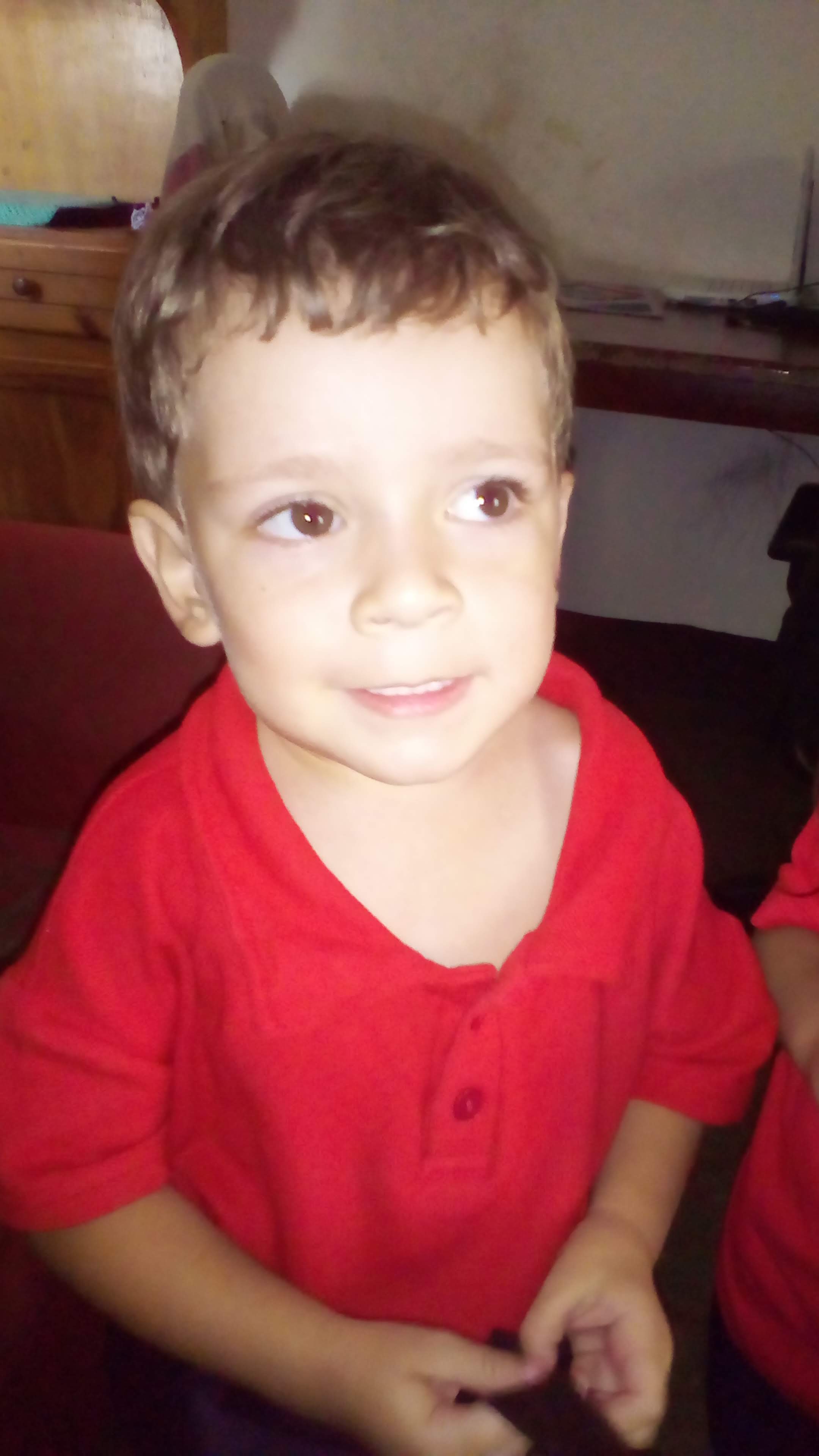
The name is part of our life, since our birth, in some cases since the pregnancy, when we are sure of what their sex will be. Calling them by their name, since they come into this world, is the most effective way to teach them their name, at the same time we stimulate their language and their senses. From the time they are newborns, we should talk to them a lot.
From the age of 6 months, children begin to react when they are called by name, it is even an indicator of their development, I learned this with my son's pediatrician, who in every consultation, began to call the child by name, waiting for him to react in some way. She always advised us to call our child by his name most of the time, avoiding the use of nicknames, such as baby, mi amor, mi cielo, mi currucucu and all those tender words that we usually say to our children to show our love, but that doing it in excess can cause some confusion in them regarding their identity.As the child grows, we should continue to teach them their name and let them learn to pronounce it little by little, according to the child's natural rhythm, without forcing. I believe that a reasonable goal is for them to complete their preschool levels pronouncing their name clearly, in some children it may be much earlier.

¿Saber algunos datos importantes pueden salvar su vida?
Knowing some important facts can save your life?
A medida que nuestros hijos crecen, debemos ir enseñándoles, poco a poco, otros datos personales propios de su identidad, como el nombre de sus padres, sus hermanos, su fecha de nacimiento, su edad, su dirección e incluso su tipo de sangre.
Sobre todo cuando los niños comienzan a asistir al colegio, esto es fundamental, mi papá siempre trató de consolidar esto, cuando estaba pequeña insistía mucho en esto y él lo hacía por seguridad. Lo único que sabemos del futuro es que es incierto, no tenemos nada asegurado, ni podemos predecir qué situación debemos enfrentar (como un desastre natural, un accidente, por ejemplo) y en muchas situaciones, que tu hijo conozca, su dirección y todos estos datos puede ser de gran ayuda, incluso puede salvar su vida.
Es algo, en que nosotros, los padres, debemos trabajar día a día, sin abrumarlos, pero si siendo constantes y hasta que ellos no hablen a la perfección, debemos buscar la forma de que lleven siempre con ellos estos datos, en su morral, por ejemplo.
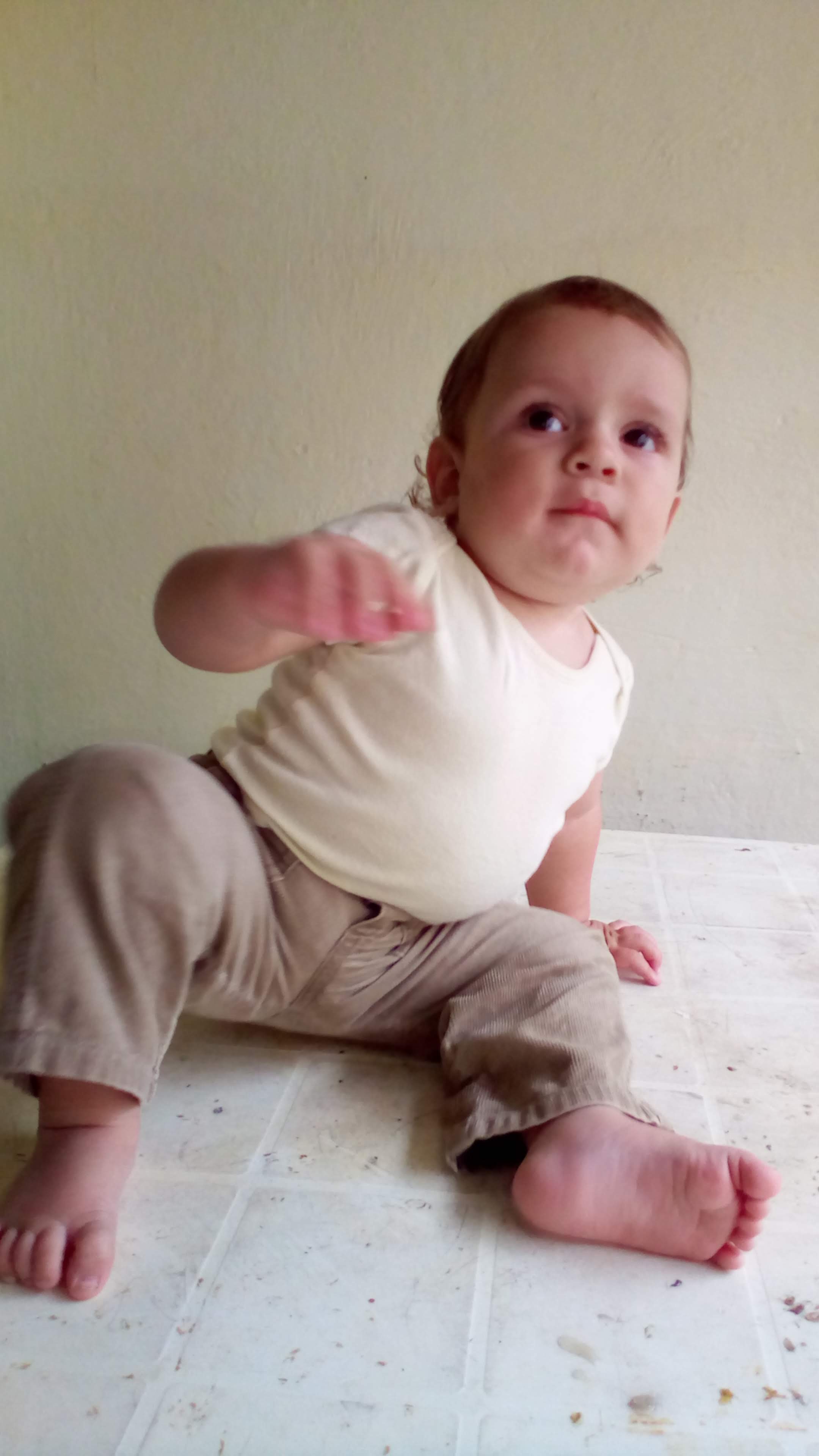
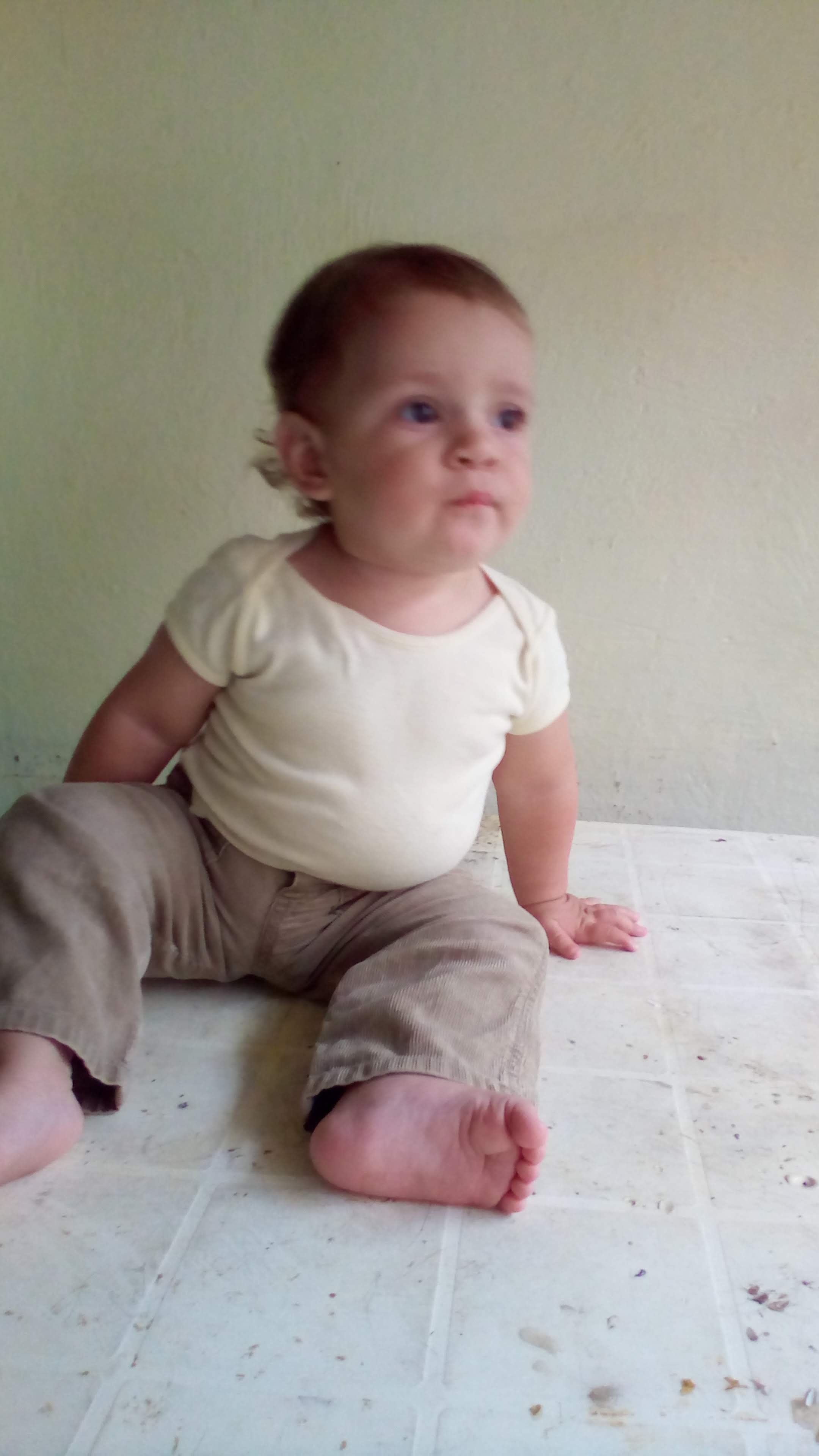
As our children grow up, we must teach them, little by little, other personal information about their identity, such as the name of their parents, their siblings, their date of birth, their age, their address and even their blood type.
Especially when children begin to attend school, this is fundamental, my dad always tried to consolidate this, when I was little I insisted a lot on this and he did it for safety. The only thing we know about the future is that it is uncertain, we have nothing assured, nor can we predict what situation we must face (such as a natural disaster, an accident, for example) and in many situations, that your child knows, his address and all these data can be of great help, it can even save his life.
It is something that we, the parents, must work on day by day, without overwhelming them, but being constant and until they do not speak perfectly, we must find a way for them to always carry this information with them, in their backpack, for example.

¿Cómo ha sido mi experiencia con mi hijo?
How has my experience been with my son?
Desde que nació, hemos intentado llamarlo por su nombre, precisamente para consolidar su identidad y al mismo tiempo estimular su lenguaje, también le hemos dicho cualquier cantidad de apodos cariñosos de vez en cuando, creo que es inevitable dirigirte a tu hijo de una forma más informal y cariñosa, pero no de forma exagerada y resaltando de alguna forma su nombre.
Es curioso esto, porque desde el embarazo, mi pareja y yo, tenemos un apodo con el que nombramos a nuestro hijo, cuando hablamos de él, pero es algo que no ha salido de nosotros y nunca nos hemos dirigido a él con este seudónimo. Hace días, lo llamé así y él me miro desconcertado y me dijo: ¿mami, que es eso?
A partir de los 6 meses, él comenzó a reaccionar con su nombre, en su mirada o en algún gesto, se notaba que él sabía, que se trataba de él, cuando comenzó a pronunciar sus palabras, intentaba pronunciar su segundo nombre, Enrique (Tite decía), poco a poco les hemos ayudado a que se aprenda su nombre completo, pero aún le cuesta un poco los apellidos. A veces, cuando no está animado, responde “Ángel Enrique Apellido” y esto lo hace a propósito, porque sabe que nos causa risa.
Hubo un momento, en el que creó que él pensó que todas las personas se llamaban Ángel, esto es, porque su papá y su primo se llaman Ángel y también su abuelo, que aunque no llegó a conocerlo, a veces le hablamos de él. Entonces, si alguien le preguntaba que como se llamaba su mamá, él respondía Ángel Doris. Por supuesto, es algo que causa gracia y ternura, pero siempre hay que explicarles para que entiendan que cada uno posee su propia identidad, incluso si comparten algún nombre.
En una actividad del plan vacacional, un instructor le pregunto su nombre y su edad y él respondió muy bien, nadie lo ayudo, porque yo lo estaba viendo desde lejos en ese momento, pero verlo responder así me hizo sentir muy feliz, en el corto video comparto este momento.
Debido a que en casa, otro de los niños también se llama Ángel, nos hemos acostumbrado, a llamarlo con los dos nombres o solo el segundo, esto me recuerda, que algunas personas acostumbran a llamar a los niños con el nombre completo, para llamar su atención, porque están enojados o algo así, como hacia el personaje de doña Florinda con Kiko en el chavo de 8. No estoy de acuerdo, porque puede pasar que el niño sienta rechazo a su nombre completo, ya que le trae malos recuerdos de esto.
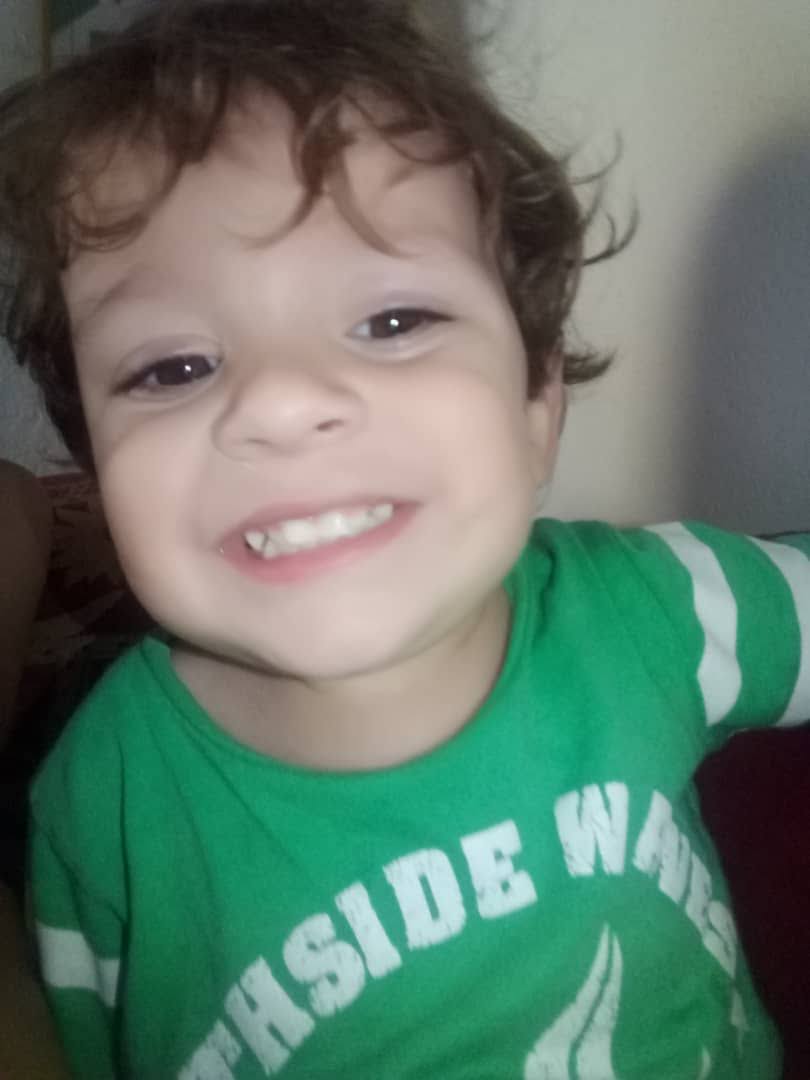
Since he was born, we have tried to call him by his name, precisely to consolidate his identity and at the same time stimulate his language, we have also told him any number of affectionate nicknames from time to time, I think it is inevitable to address your child in a more informal and affectionate way, but not in an exaggerated way and somehow highlighting his name.
It's funny this, because since the pregnancy, my partner and I, we have a nickname with which we name our son, when we talk about him, but it is something that has not come from us and we have never addressed him with this pseudonym. Days ago, I called him that and he looked at me puzzled and said: Mommy, what is that?
From the age of 6 months, he began to react with his name, in his look or in some gesture, you could see that he knew that it was him, when he began to pronounce his words, he tried to pronounce his middle name, Enrique (Tite he said), little by little we have helped him to learn his full name, but it is still a little difficult for him to learn his last name. Sometimes, when he is not animated, he answers "Angel Enrique Surname" and he does this on purpose, because he knows it makes us laugh.
There was a moment, when he thought that he thought that all people were called Angel, this is because his dad and his cousin are called Angel and also his grandfather, who although he never met him, sometimes we talk to him about him. So, if someone asked him what his mother's name was, he would answer Angel Doris. Of course, it is something that is funny and tender, but we always have to explain to them so that they understand that each one has his or her own identity, even if they share a name.
In an activity of the vacation plan, an instructor asked him his name and age and he answered very well, nobody helped him, because I was watching him from afar at that moment, but seeing him answer like that made me feel very happy, in the short video I share this moment.
Because at home, another of the children is also called Angel, we have become accustomed to call him with both names or just the second one, this reminds me, that some people use to call children with the full name, to get their attention, because they are angry or something like that, like the character Doña Florinda did with Kiko in El Chavo de 8. I do not agree, because it can happen that the child feels rejection to his full name, because it brings bad memories of this.

Algunos juegos para que aprendan a identificarse.
Some games to help them learn to identify themselves.
Existen distintas maneras, de enseñarles su nombre de forma divertida, sea verbal o escrita, algunas maneras que se me ocurren y que he aplicado con mi hijo son las siguientes:
- Donde está el bebé: Este juego les encanta a los bebes, consiste en que cubrimos nuestro rostro y preguntamos de forma divertida: ¿Dónde está el bebé?. Y sorpresivamente quitamos las manos del rostro y decimos de forma expresiva, ¡aquí está!. Bueno, podemos cambiar la palabra bebé por el nombre del niño y hacer más personal el juego.
- Podemos crear una canción divertida con su nombre y repetirla.
- Pararnos con el niño frente a un espejo y mostrarle como es, cuál es su nombre, hacer que se divierta con su reflejo.
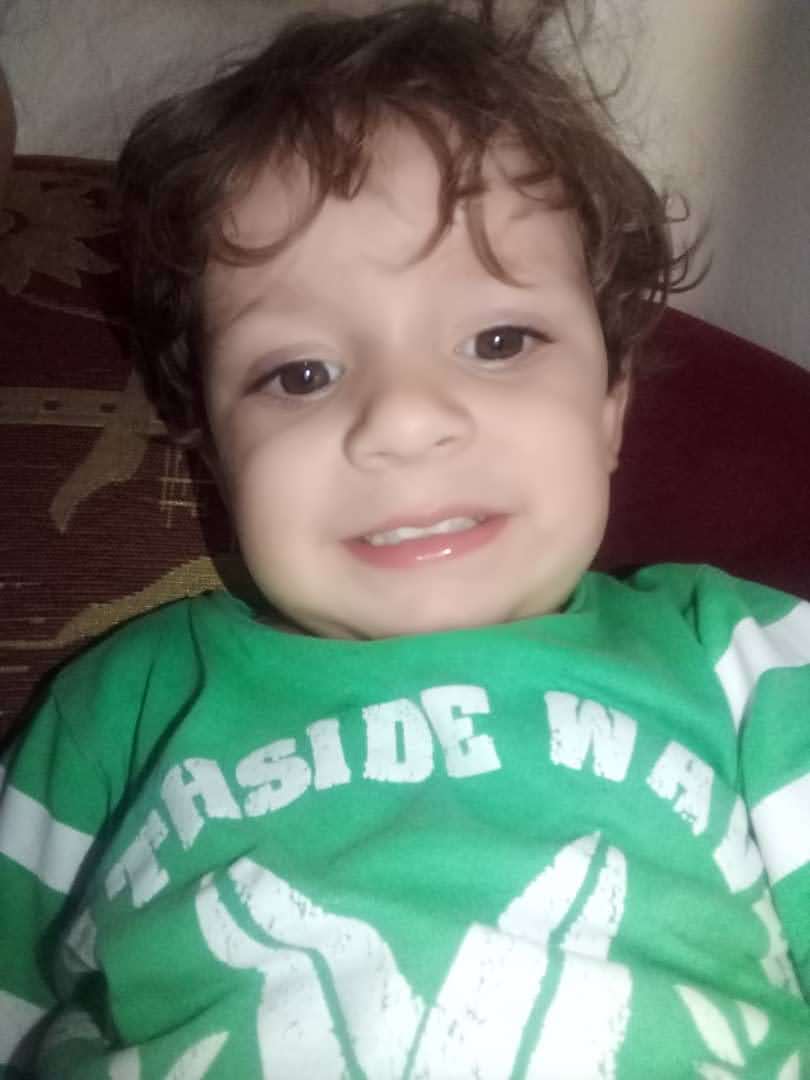
There are different ways to teach them their name in a fun way, either verbally or in writing, some ways that come to mind and that I have applied with my son are the following:
- Where is the baby: Babies love this game, it consists of covering our face and asking in a funny way: Where is the baby? And surprisingly we take our hands off our face and say in an expressive way, "Here it is! Well, we can change the word baby to the child's name and make the game more personal.
- We can create a funny song with his name and repeat it.
- Stand with the child in front of a mirror and show him what he looks like, what his name is, make him have fun with his reflection.

En fin, enseñarles el nombre es el principio del camino, para que él vaya adquiriendo su personalidad, adquiera sentido de pertenencia y se vea como un individuo único e independiente.
Como siempre ha sido un placer plasmar, las pequeñas cosas que he aprendido desde que soy madre, me encantaría leer su opinión al respecto.
¡Que tengas una semana increíble, rodeados de bendiciones!
In short, teaching them their name is the beginning of the way, so that they can acquire their personality, acquire a sense of belonging and see themselves as a unique and independent individual.
As it has always been a pleasure to capture, the little things I have learned since I became a mother, I would love to read your opinion about it.
Have an amazing week, surrounded by blessings!
Música por Music_For_Videos de Pixabay
Edición del video: Video Cook APP y Canva
Fotografías Propias
Portada y Banner en Canva
Traducción en DeepL
Tags :
Their limit for today is $0!





















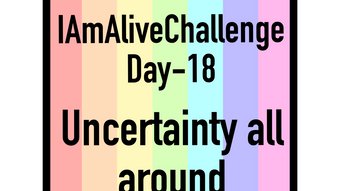






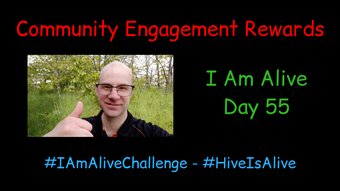
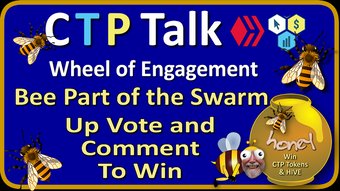
Comments:
Reply:
To comment on this video please connect a HIVE account to your profile: Connect HIVE Account